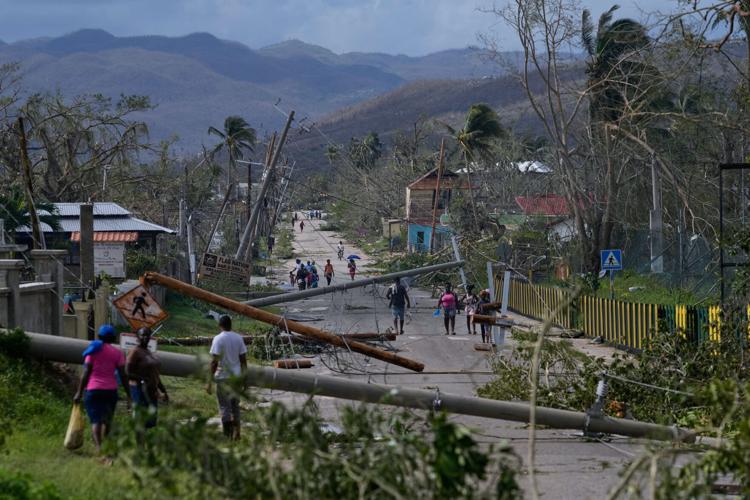Recent scientific analysis has revealed that Hurricane Melissa, the destructive storm that hit the Caribbean in late October 2025, was significantly strengthened by human-induced climate change. Researchers estimate that wind speeds were approximately 7% higher and rainfall around 16% heavier than they would have been in a pre-industrial climate.
Climate Change and Hurricane Intensification
The study highlights how global warming increases the energy available to tropical cyclones. Warmer ocean and air temperatures provide additional fuel, making storms like Melissa more powerful and destructive. Experts note that this pattern aligns with climate model predictions, which forecast amplified storm severity as global temperatures rise.
Impact on the Caribbean
Hurricane Melissa caused widespread damage across the Caribbean, particularly in Jamaica, affecting homes, infrastructure, and agricultural sectors. Recovery efforts are ongoing, with authorities emphasizing the continued vulnerability of coastal populations to increasingly intense storms.
Urgent Need for Climate Action
Researchers stress that the findings underscore the tangible effects of climate change on extreme weather. “This analysis demonstrates that human-induced warming is no longer a distant threat—it is actively making hurricanes more powerful and destructive,” said one leading scientist. The study reinforces calls for accelerated climate adaptation strategies, stronger emergency preparedness, and global emissions reductions to mitigate future disaster risks.
A Stark Example of a Warming World
Hurricane Melissa serves as a clear example of how incremental increases in global temperatures can escalate natural hazards. Scientists and policymakers alike view the storm as a reminder of the urgent need for collective action to address the growing impacts of climate change worldwide.

